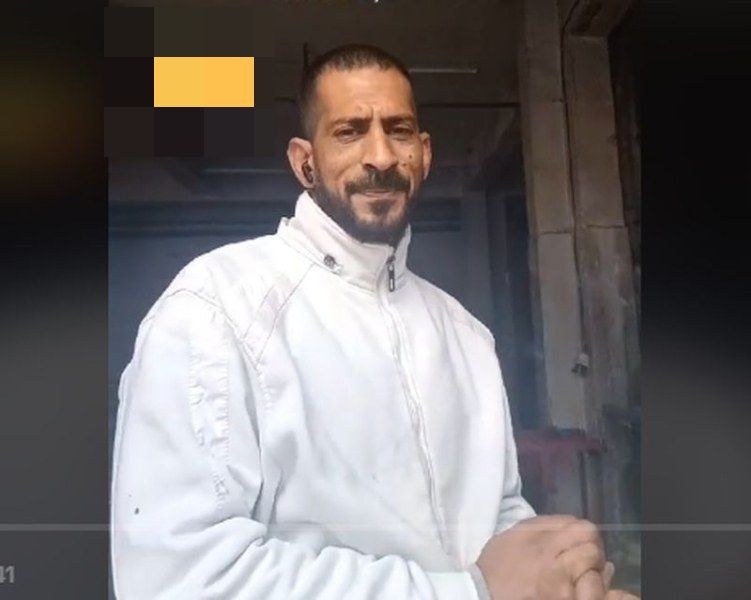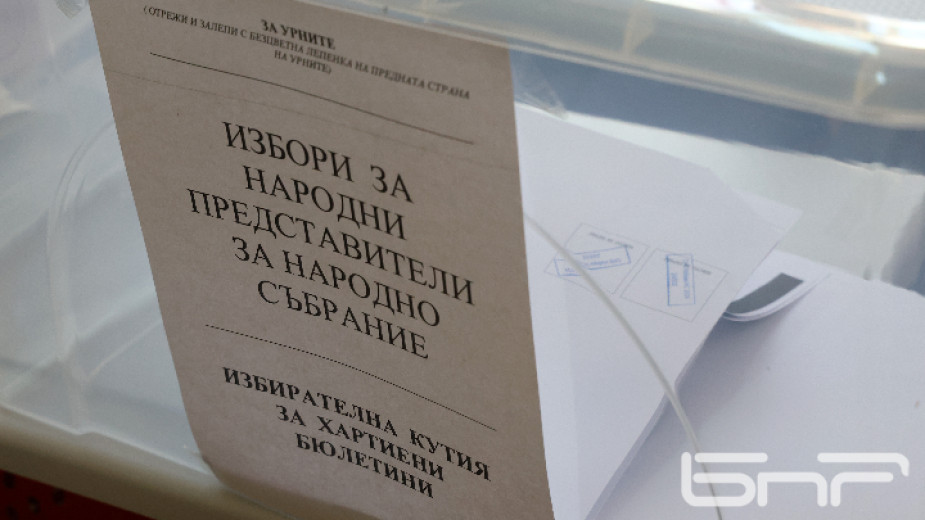Lazerges (2013) does not want to cast the informal Rroma settlements and their evictions as a cultural problem, as many French politicians do, but as a problem of poverty. Lazerges criticises that there is not enough affordable housing for people with low to very low income. Although the eviction of illegal settlements are usually lawful, because the houses were built without a permit, they violate the right to housing, a due to every human being. In addition, the barriers to access education, health care and social protection are still very high, rendering a successful integration of Rroma more difficult, “Mais la levée seulement partielle des mesures transitoires applicables aux citoyens roumains et bulgares est inacceptable et préjudiciable à leur insertion. Nous souhaitons la levée immédiate et complète des mesures transitoires, afin de permettre notamment aux personnes roms de trouver un emploi, pierre angulaire de l’insertion” [The partial removal of transitory measures applicable to Romanian and Bulgarian citizen is unacceptable and constitutes a prejudice against their integration. We wish the immediate and complete removal of these transitory measures to allow, among others the Rroma, to find work, a keystone for their insertion.] Lazerges further calls for a clear distancing from the defamatory statements made by some French politicians that are clearly influenced by the impending Municipal elections. On should much more strive for a clear commitment to a real policy was that promotes the integration of the Rroma.
Leroy (2013) reports on Rroma families in Le Havre, who, with the assistance of the collective “Hébergement, l’urgence c’est maintenant” are being granted accommodation in various communes. Although families are being fragmented, the 64 Rroma, including 44 children, according to Leroy, are rather cheering this. On the 16th of July, the families were evicted from their camp, a plot of the fire brigade of the Eure and had then settled behind the Church of Saint-Augustin.
Piquemal (2013) spoke with Alain Régnier, the person responsible for the access to housing for the homeless or poorly lodged people (Délégation interministérielle à l’hébergement et à l’accès au logement des personnes sans abri ou mal logés; DIHAL). Régnier looking at the politics under Nicolas Sarkozy who applied an extreme security policy towards Rroma, sees a shift towards more constructive approaches. While the inter-ministerial letter from Jean-Marc Ayrault is still far from being applied in its effective principles, it is nevertheless getting some movement. Régnier argues for a differentiated policy towards the Romanian and Bulgarian Rroma in France: Firstly, one must promote successful integration which improves the often very poor French skills which would facilitate access to education and housing; and on the other hand one has to promote an intelligent, bilateral policy with Romania towards their integration at home itself and also in support of a possible return. He does not see the difficult access to the labour market as the major cause for the lack of integration. In addition, the French population must be better informed about the history and culture of the Rroma. Régnier still sees to many common misconceptions: many still do not know that there is a difference between the “Gens du voyage” and the Rroma. An important part of his job is to deconstruct stereotypes and prejudices and counteract.
Mamère (2013) criticizes the French Rroma policies as being openly racist: both the right and the left parties are, with regards to their treatment of Rroma, very restrictive and undifferentiated. While with right-wing politicians like Jean-Marie Le Pen, Bourdouleix or Christian Estrosi racial prejudice prevails, leading to a denial of individual differences and a stigmatisation of the Rroma population that needs to be disciplined or expelled, politicians of the left as Manuel Valls are driven by a zealous planning policy, which led the Hollande government to an approximate doubling of forced evictions: “Sous prétexte de faire respecter l’Etat de droit, il [Manuel Valls] présente les camps de Roms comme des zones de non-droit […] En utilisant la justice comme arme de sa politique à deux vitesses, il installe dans l’opinion de la gauche et des démocrates l’idée que les Roms sont une catégorie de la population à mettre au ban de la société.” [Under the pretext to enforce the respect of the rights, he [Manuel Valls] presents the Rroma camps like zones without laws. … Using justice as a weapon for his two speed policies, he instils in the opinion of the left and of the democrats the idea that Rroma are a population category that needs to be banned from society.] For Mamère, Rroma are instrumentalised by many politicians, whether from the right or from left, for purposes of policy: They propagate the incompatibility of Rroma life with that of the French. He regards these policies as a historical repetition of past practices of exclusion, especially the stigmatization of Jews from the Middle Ages to the twentieth century. Until 1969, the Rroma in France had to carry an anthropometric passport with them. Tthe task of politicians is precisely to allow and ensure the coexistence of different ways of life, and not to suppress it. To this plea of Mamère we fully agree. However, he involuntarily presents cultural difference between Rroma and French, where almost none actually exists: He speaks almost continuously of Rroma as travellers, whereas most of them are not. The French “Gens du voyage” are usually French citizen who do not speak Rromanes.
Hugues (2013) describes the French Rroma policies as a disgrace for a country that sees itself as the cradle of human rights. In recent years, French policies towards Rroma were repeatedly condemned as inhumane by both the UN and the EU. France must seek a rapid paradigm shift, if it does not want to lose its legacy of tolerance. At the end of July 2013, there have been physical attacks on Rroma in which several were seriously injured. The targeted surveillance policies advocated by Estrosi are another step backwards in the effort towards more tolerance and integration as an alternative to repression and expulsion.
Duquesne (2013) also sees the French population policies towards Rroma as increasingly aggressive. At the end of July, two residents of a Rroma camp were seriously injured in an attack by an armed mob of fifteen people in Saint-Denis. The numbers of evictions increase, Estrosi and like-minded want to prevent the accession of Romania and Bulgaria into the Schengen area, which would result in the freedom of movement with the rest of the EU.
Abdul (2013) reportes on a dispute over water in Wissous, in the Essonne department. The Mayor of Wissous, Régis Roy Chevalier, on 6 July 2013, turned off three of five hydrants that are close to a Rroma camp.. This after the inhabitants of the camp had tapped the hydrants due to lack of a water supply. Thereupon ensued a debate around the question as to whether, in the case of lack of water supply water may be illegally tapped. While green politicians like Marie-Hélène Brelaud describe Roy Chevaliers approach as obscene, the Social Democrat decidedly does not want to be seen as a sympathizer of right-wing politicians. He sees himself as a representative of the residents of Wissous and whose will he enforces by the means of law: “M. Roy-Chevalier, le maire de Wissous, souhaite „se différencier de toutes ces personnes“. A l’en croire, cette décision ne relève pas de son autorité de maire, mais de celle de la communauté d’agglomération, dont il est vice-président… „Mon premier parti, c’est Wissous. Je sais que certains partis bien-pensants estiment que l’on peut s’occuper des populations en situation illégale avant les autres. Pas moi“, se défend M. Roy-Chevalier.” [ M. Roy Chevalier, Wissous’ mayor wishes “to differenciate himself from all these people”. If he is to be believed, this decision is not a consequence of his mayor’ office, but is the responsibility of the community of agglomeration of which he is the vice-president… “My first party, is Wissous. I know that certain politically correct parties think that one should take care of illegal population first, I don’t”.] With this statement, Chevalier cuts himself away from a humanism that is ready to break the rules when it is for the better of those concerned.
Fouteau (2013) interviewed the French ethnologist Michel Agier, on the question of the relationship between ethnicity and nationalism. Agier sees France policies toward Rroma as part of a state policy that deliberately defines itself in contrast to outsiders, and these outsiders – the Rroma – are consciously exploited for one’s own identity definition. In addition, from the perspective of the nation state, the state’s borders are strengthened by the assignment of clear categories to various population groups. He describes this assignment of clear categories as a dominant act that intentionally generates distance and provides the justification for eventual the deprivation of rights: “Dans le contexte de la mondialisation, les Roms, ou plutôt ceux qui sont désignés comme tels, sont utiles au pouvoir. Au moment où les États-nations périclitent, où la crise économique fragilise les sociétés “occidentales”, les gouvernants ont besoin de ce nom pour créer un dehors. Ils ont besoin de faire croire à leur altérité absolue, de les constituer en étranger ennemi, pour faire exister leurs frontières. Expulser des Roms est une manière de produire de la nationalité, tout comme expulser des Afghans ou reconduire à la frontière des migrants venus d’Afrique.” [In the context of mondialisation, the Rroma, or rather those who are thus labelled, are useful to the power in place. At a time where nation-states are collapsing, where the economical crisis fragilises occidental societies, the rulers need this name to create an outside. The need to make believe in their absolute otherness, to constitute them as foreign foes in other to make their own borders exist. To expulse Rroma is a way to create nationality, exactly as is the expulsion of Afghans or to send back migrants from Africa.] However Agiers analysis does not go far enough, as he considers Rroma only in terms of methodological nationalism. But Klaus-Michael Bogdal has shown in his detailed deconstruction of stereotypes and prejudices against Rroma that these are not a phenomenon of individual nation-states, but a problem of Europe as a whole. But Agier is correct in that it is at the level of national policies that attention these categories exists.
Sources:
- Abdul, Shahzad (2013) A Wissous, la “chasse à l’eau” des Roms, privés de bornes à incendie par le maire. In: Le Monde online vom 29.7.2013.
- Duquesne, Pierre (2013) Roms: «Partout, les agressions se multiplient» In: L’Humanité online vom 30.7.2013.
- Fouteau, Caroline (2013) “Expulser des Roms est une manière de produire de la nationalité” In: Mille Babords online vom 1.8.2013.
- Hugues (2013) Roms : La France qui fait honte au pays des droits de l’homme! In: Agora Vox online vom 2.8.2013.
- Lazerges, Christine (2013) Intégrer les Roms requiert du courage politique, In: Le Monde online vom 31.7.2013.
- Leroy, Vanessa (2013) Les Roms relogés dans l’agglomération du Havre. In: Paris-Normandie online vom 2.8.2013.
- Mamère, Noël (2013) Les Roms ou la nouvelle question juive. In: Rue 89 online vom 30.7.2013.
- Piquemal, Marie (2013) Les tensions envers les Roms sont plus vives en France qu’ailleurs» In: Libération online vom 30.7.2013.







